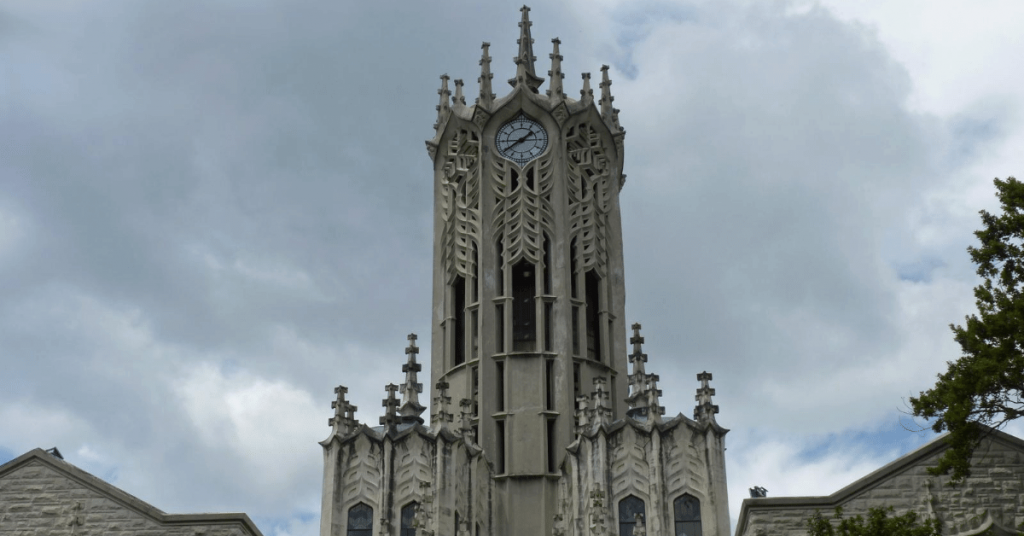When actions speak volumes on values: UoA response to Action Zealandia
This blog is a little bit of an opportunity for me to try and sort out my thoughts on the matter, an attempt to weave higher education theory on freedom of speech, academic freedom and race theory in higher education.


